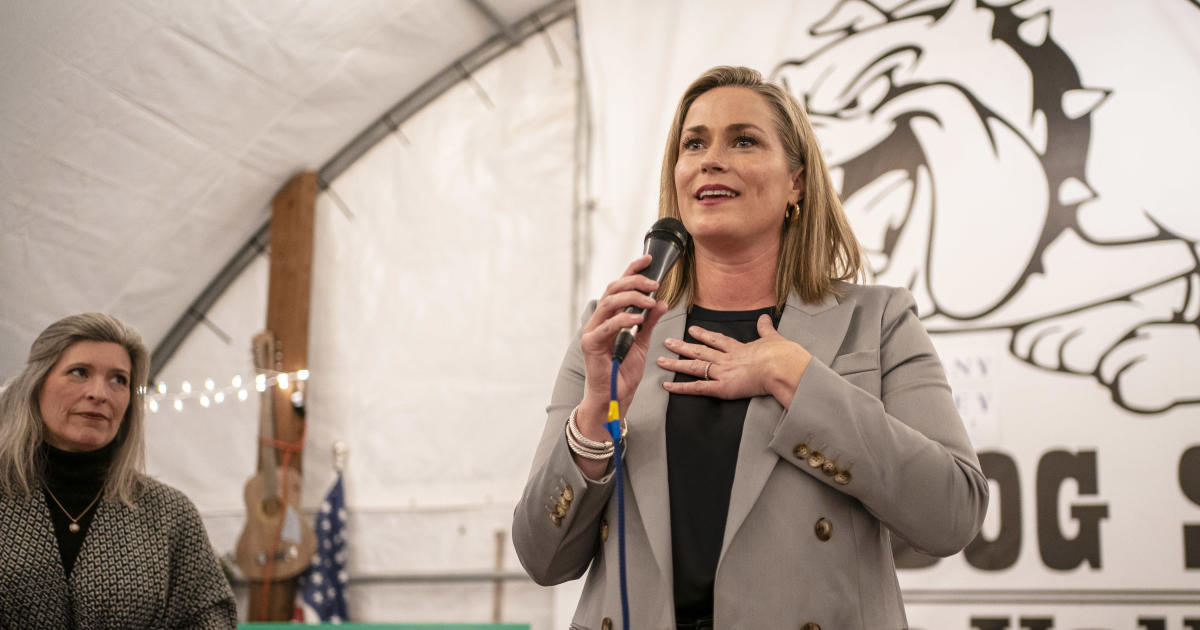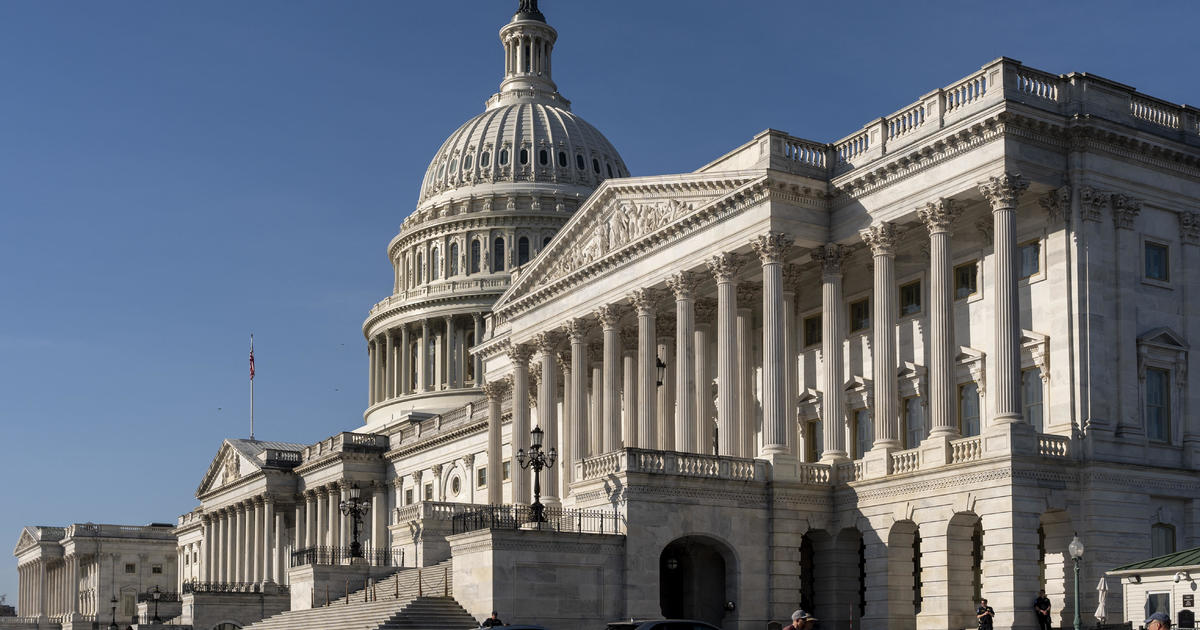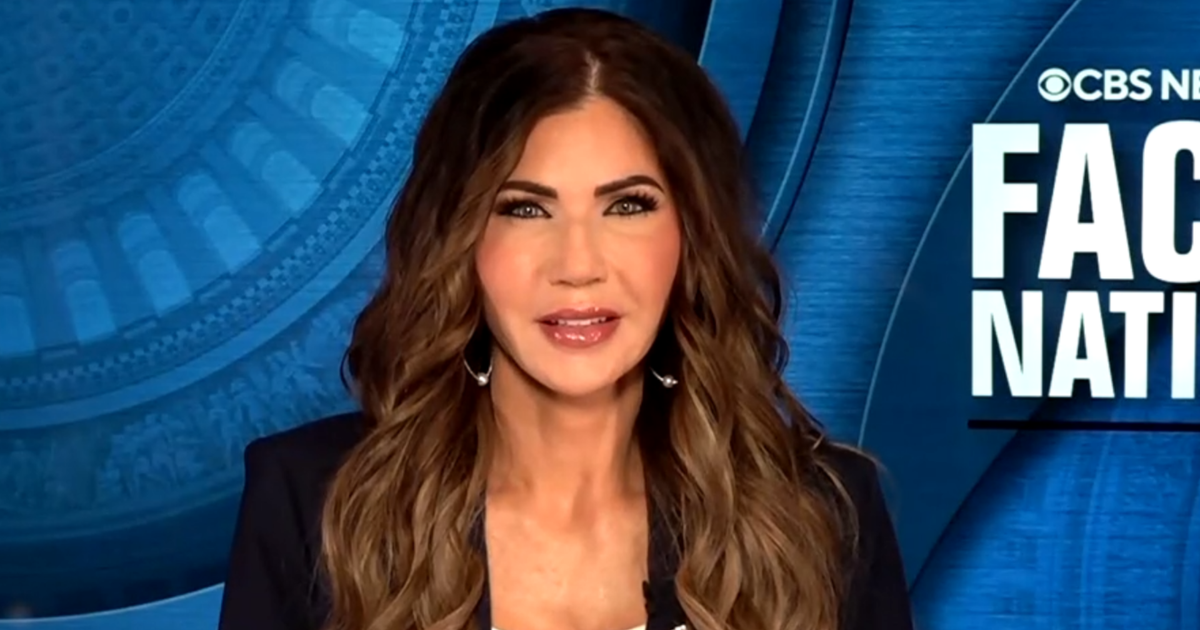Collins says shutdown accomplished "absolutely nothing"
Republican Sen. Susan Collins of Maine said the longest government shutdown in U.S. history accomplished "absolutely nothing."
"Shutdowns are never good policy, ever. They are never to be used as a means to achieve any kind of goal, no matter how important that goal may seem to be," Collins said on "Face the Nation" Sunday. "They're ineffective. They cause tremendous harm to innocent federal employees and their families who are struggling to pay their bills without paychecks."
"I don't know how any member of the administration or of Congress could think that a shutdown was a worthy pursuit," she added. "It never is."
On Friday, the second missed payday for approximately 800,000 workers across nine federal departments, President Trump backed off his rigid stance on border wall funding and signed a measure to fund the government for three weeks. The agreement broke a 35-day impasse in budget negotiations between the White House and congressional leaders.
But part of the government could close again if lawmakers fail to broker a broader budget agreement before the stopgap spending bill expires on Feb. 15.
Collins said her colleagues in the Senate and House should strive to pass a spending measure that funds the federal government until the end of the fiscal year and not rely on short-term fixes. "We cannot have the threat of a government shutdown hanging over our people and our economy," she added.
She urged the White House to work with lawmakers over the next 21 days to hammer out a bipartisan deal and "prevent us from being back in the same situation." Minutes earlier on "Face the Nation," acting White House chief of staff Mick Mulvaney said the president would be willing to shut down the government again if congressional leaders do not approve the border security funds he is demanding.
Although Collins noted a bipartisan deal on border security is unlikely to include funding for a continuous psychical barrier "to the degree that the president has requested," Collins said lawmakers should consult with nonpartisan experts on how to devise a multifaceted plan that effectively secures the U.S.-Mexico border.
"It's going to be a combination of physical barriers, technology, more border patrol agents, more immigration judges, more sensors," she said. "It's got to be an all-of-the-above approach."




